Taiwan Semiconductor Manufacturing Co (NYSE:TSM) is all set for full-capacity production in the U.S. and Germany after commercializing its debut Japanese chip plant in Kikuyo, Kumamoto Prefecture, last December.
Nvidia Corp’s (NASDAQ:NVDA) $3 trillion valuation and Taiwan Semiconductor’s 2nm progress testify to AI-driven chip industry growth. Reportedly, Microsoft Corp (NASDAQ:MSFT) eyes $80 billion in developing AI data centers in fiscal 2025, marking a big win for the sector.
Also Read: Taiwan Semiconductor’s Kaohsiung Expansion To Boost 2-nm Chip Production
The contract chipmaker aims to complete production of plants in Arizona in 2025 and Dresden in 2027. Construction of Taiwan Semiconductor’s second Japanese factory will likely begin near the Kikuyo plant, the Japan News reports.
Taiwan commanded 67% of the global market share in contracted semiconductor manufacturing and nearly 80% in cutting-edge products in 2023, the Japan News cites TrendForce.
Taiwan attempted to shield itself from geopolitical tension by concentrating production on the island. Still, it also remains focused on its geographical diversification to help the world boost its semiconductor base by reducing its dependence on China, whose semiconductor supply chain was disrupted during the 2020 pandemic.
Kumamoto Gov. Takashi Kimura shared with Japan Times the country’s hopes to attract Taiwan Semiconductor’s third plant in the prefecture.
The new plant, located in Kikuyo, began commercializing 12-28 nm technology last December. It caters to Sony Group Corp (NYSE:SONY), which produces camera sensors for Apple Inc (NASDAQ:AAPL).
Taiwan Semiconductor is proficient in making general-purpose chips between 12 and 28 nm. However, chip plants in Japan failed to produce semiconductors thinner than 40 nm, prompting them to tap the Taiwanese chipmaker.
Taiwan Semiconductor is building a new plant in Arizona, where commercialization of 4-nm chips will likely begin between January and March. It aims to complete its debut European plant in Dresden in 2027. The plant targets a quadrupolar production plan with principal plants in Taiwan, Japan, the U.S., and Germany.
Meanwhile, some concerns loom in the form of President-elect Donald Trump taking charge on January 20.
The U.S. posted a significant trade deficit with Taiwan in 2023, prompting Trump to verbally attack the country during his presidential campaigns for allegedly depriving the U.S. of the semiconductor industry.
He suggested redemption by slapping tariffs on Taiwan, which can increase the contract chipmaker’s production costs since labor costs in the U.S. are about 30% higher than in Taiwan.
#Taiwan #Semiconductor #Ramps #Production #Japan #Germany #Diversify #China


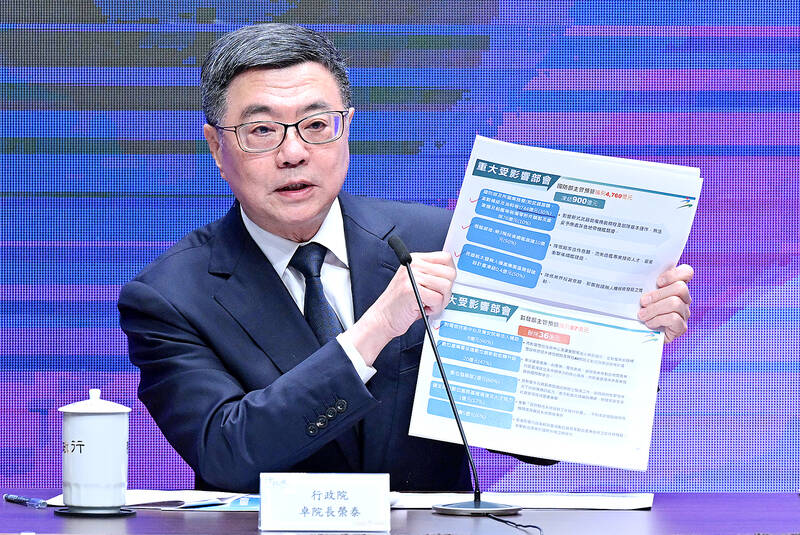


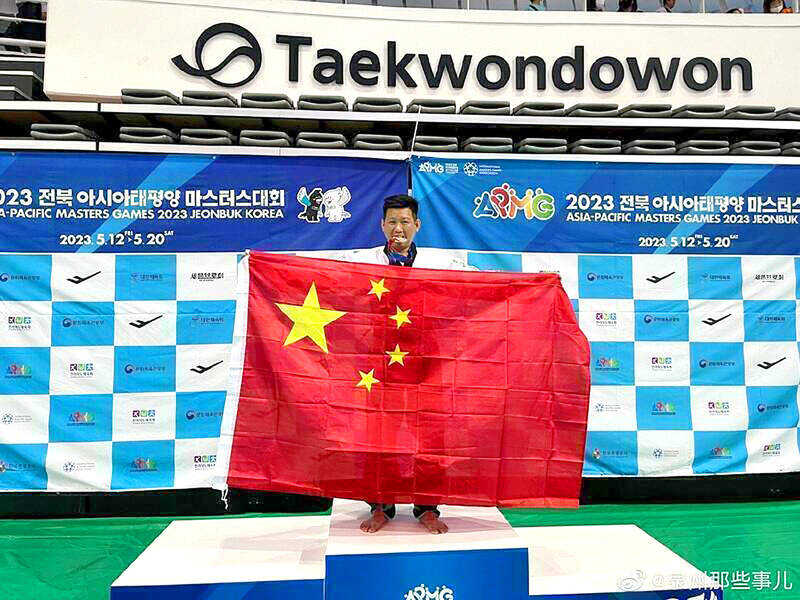
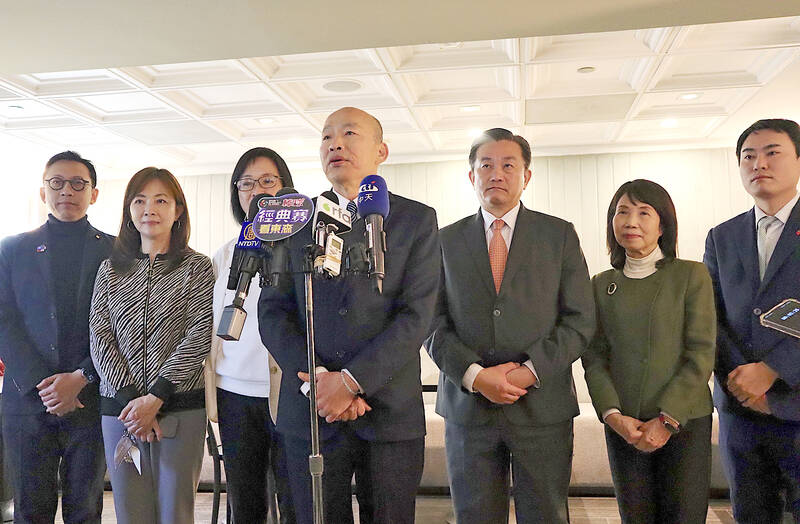

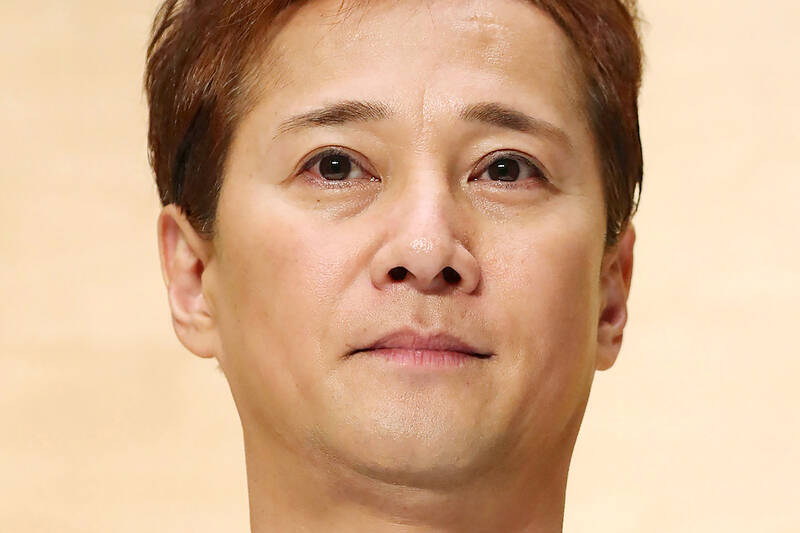

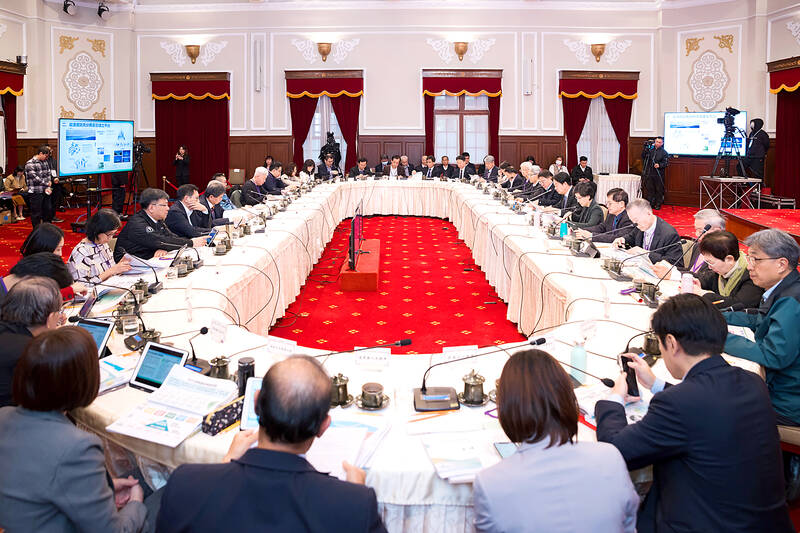
Leave a Reply